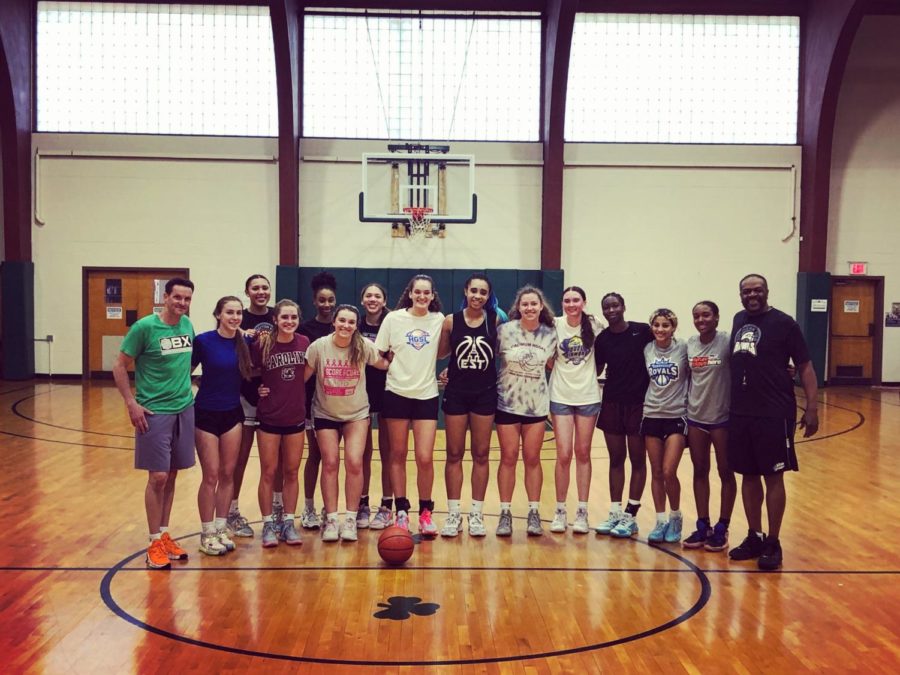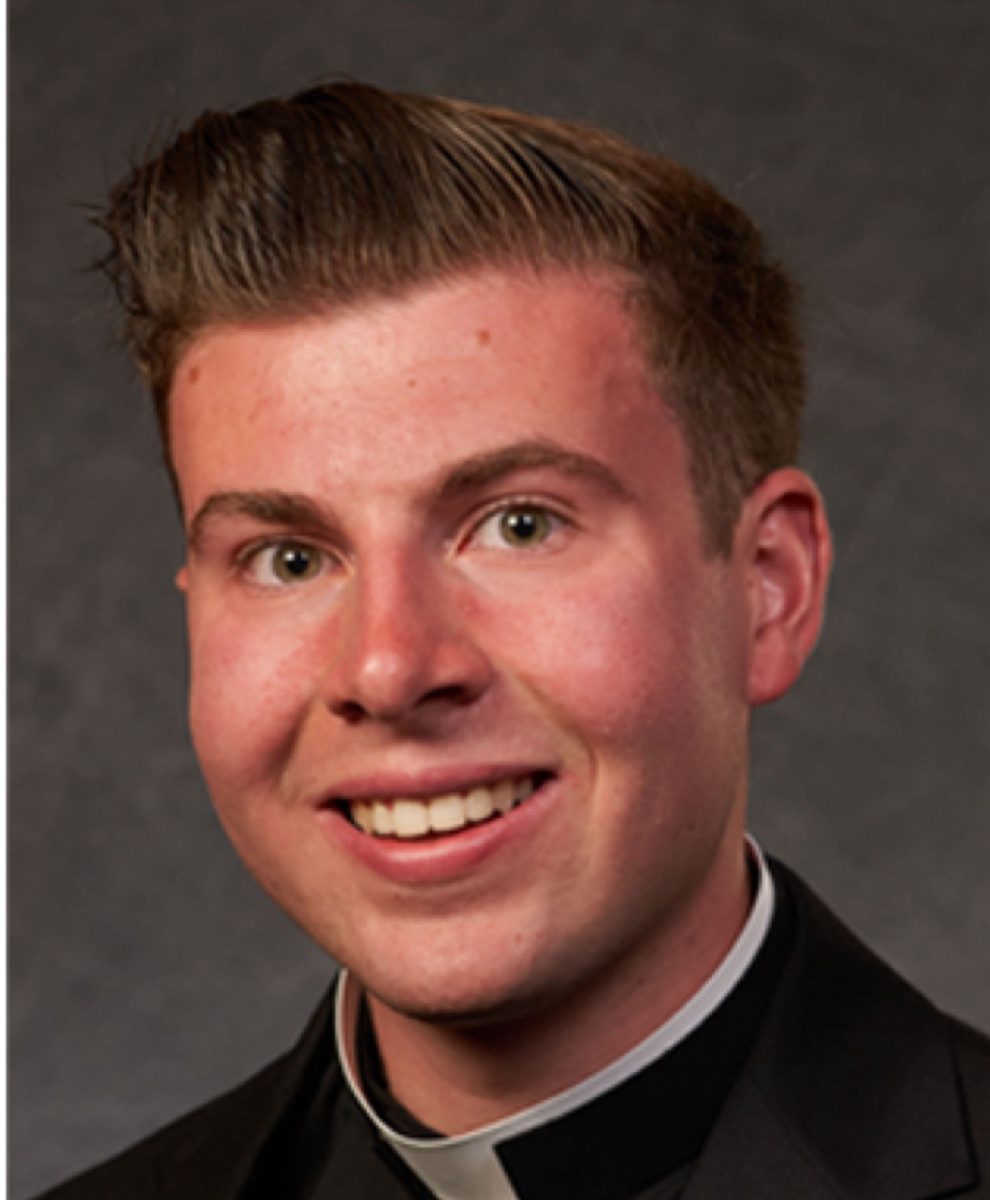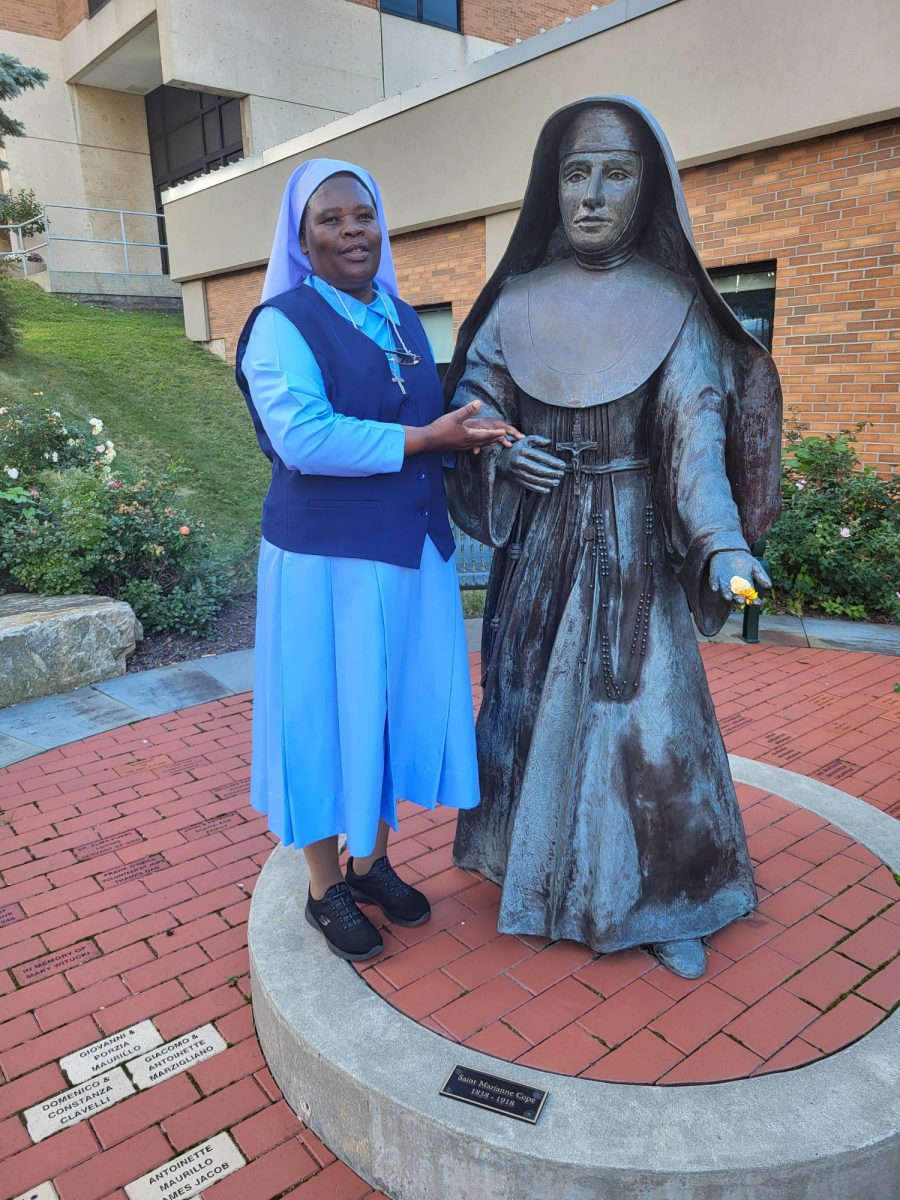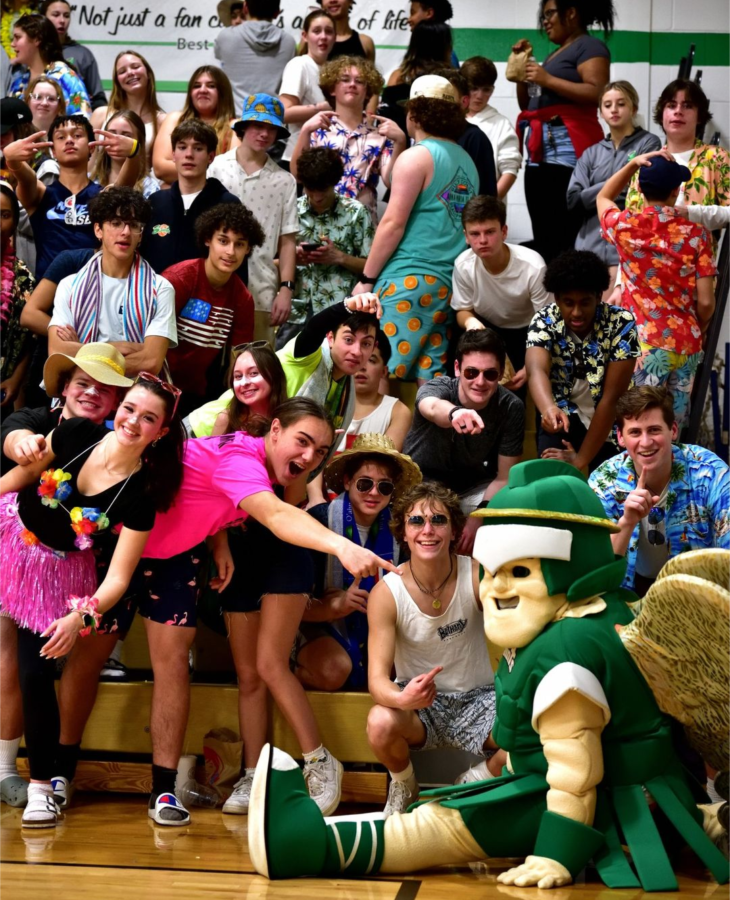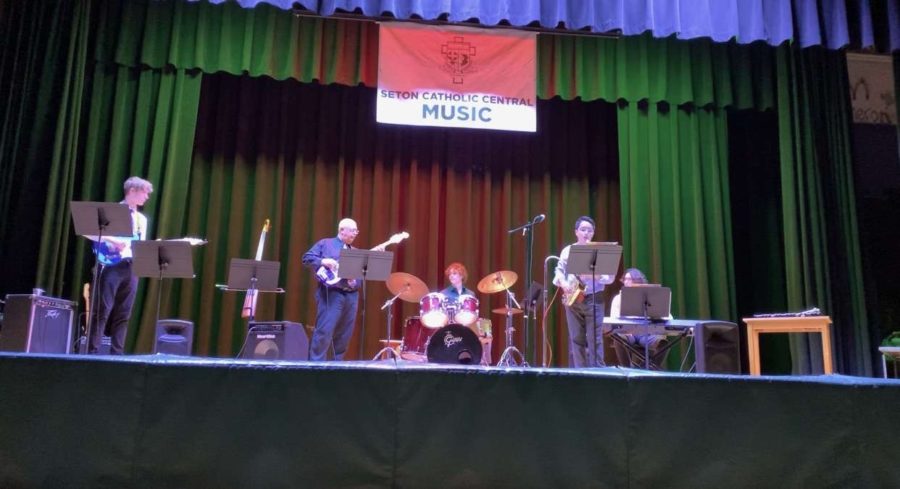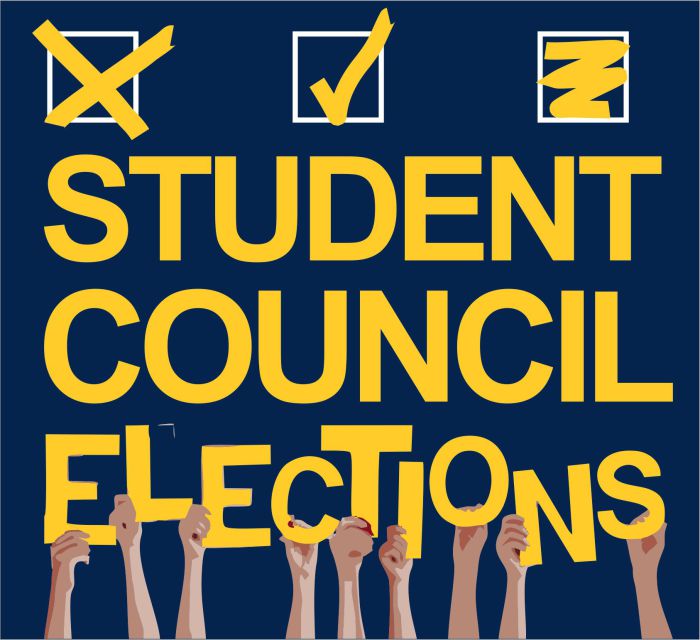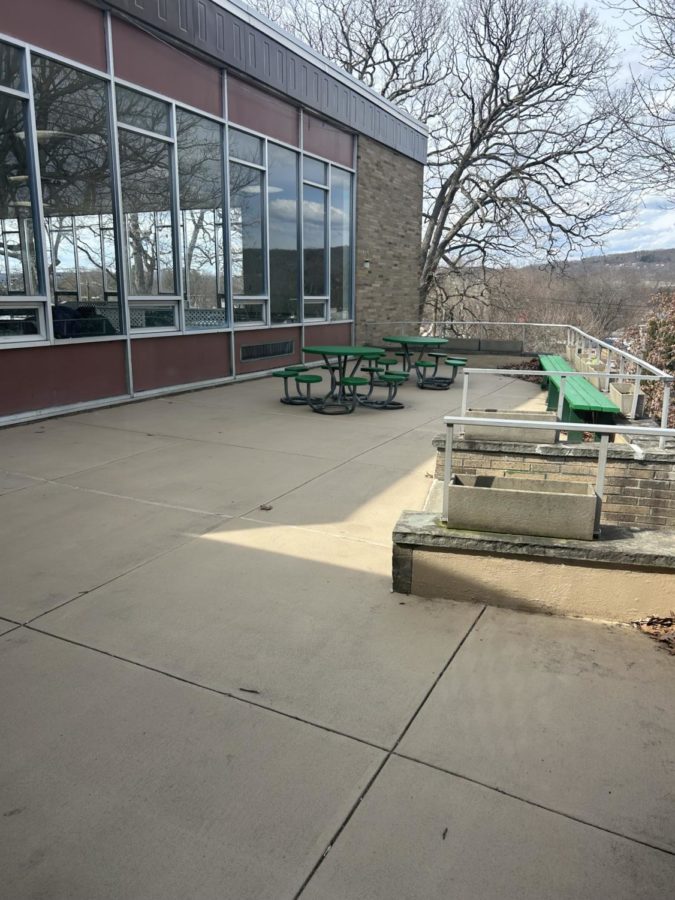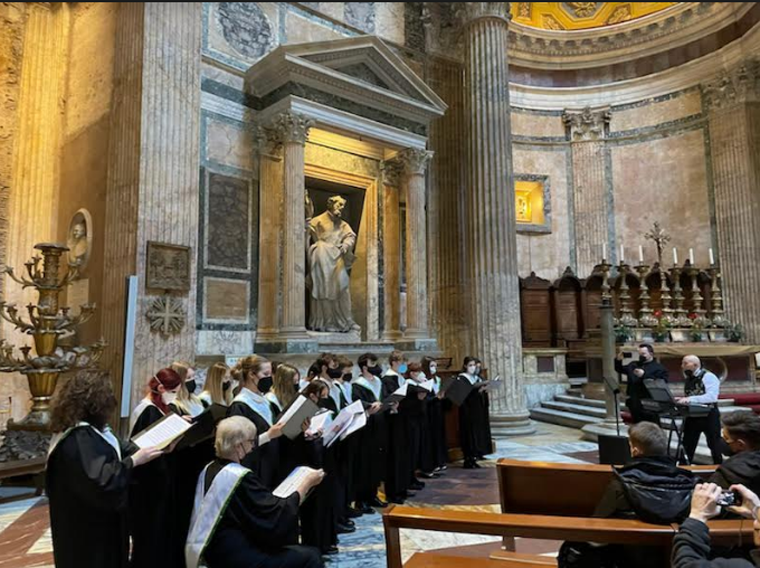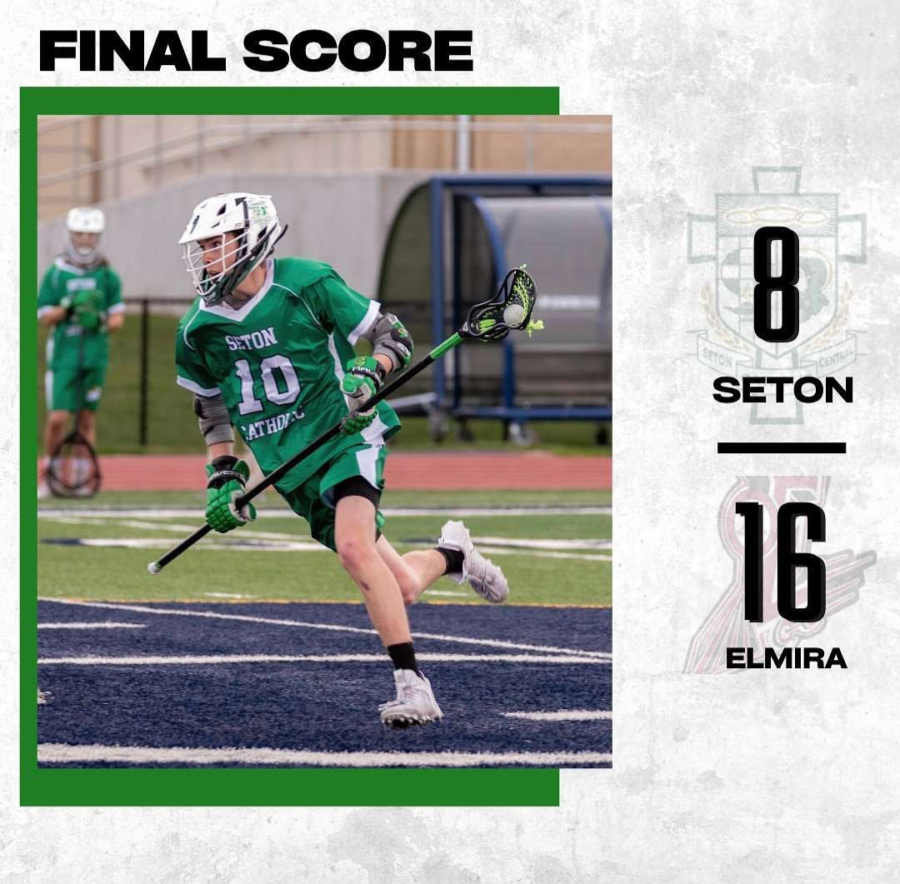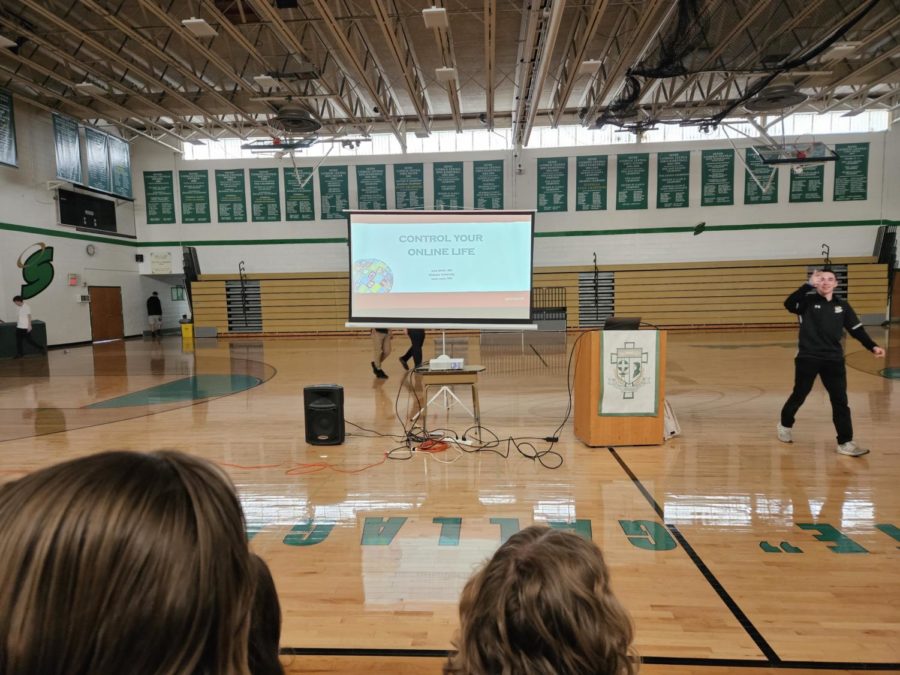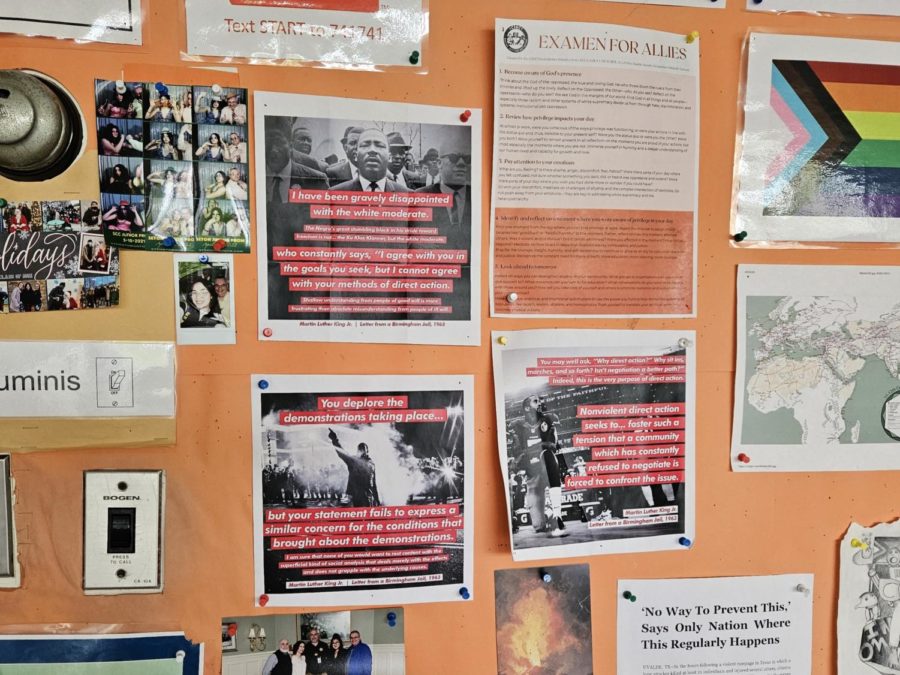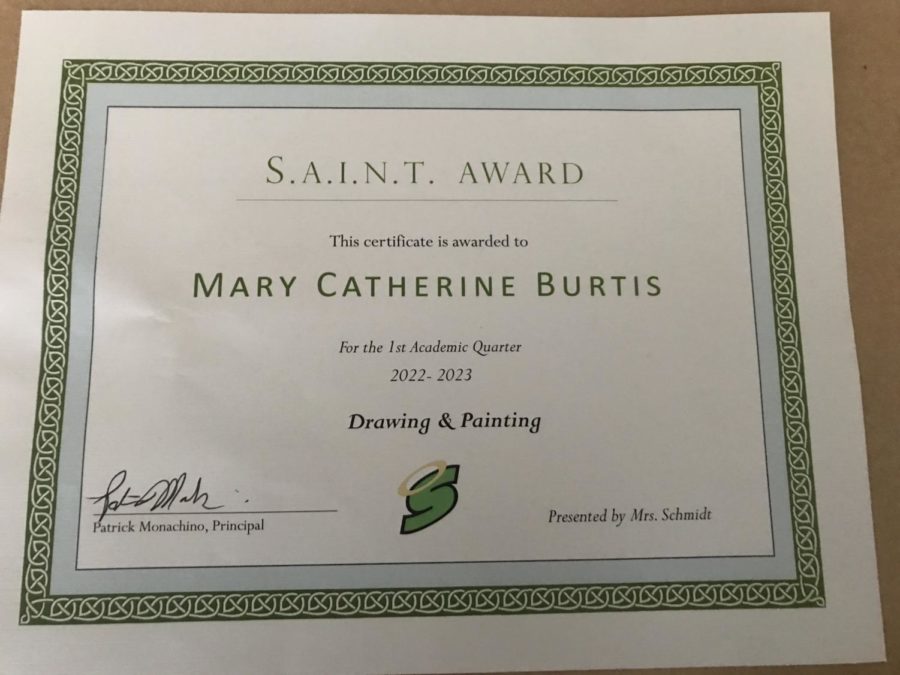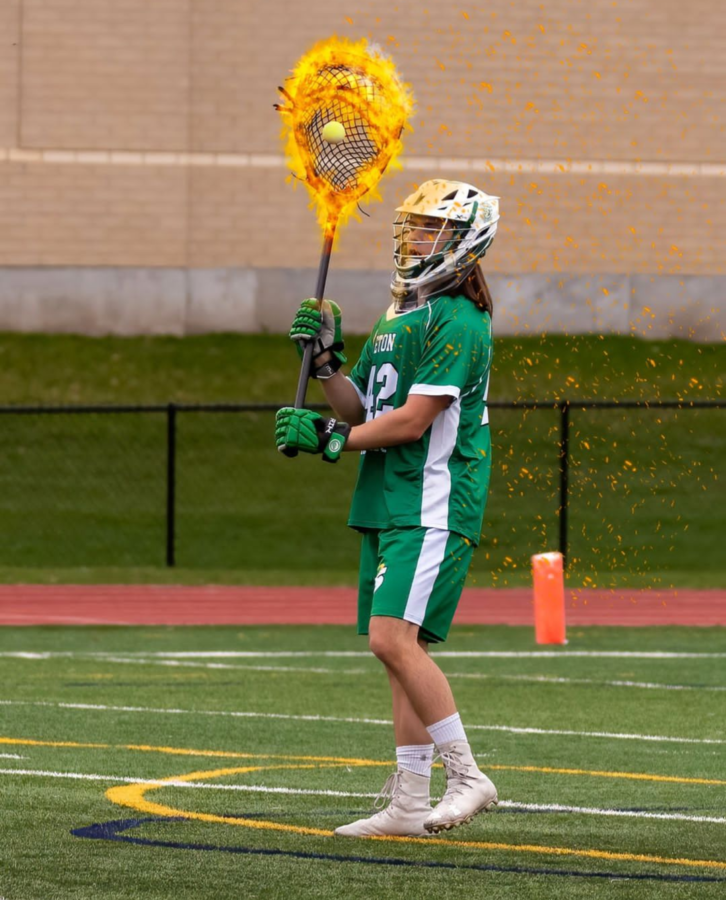Meet the Newest Endangered Species: Seton Club Advisors
January 26, 2023
Here at SCC, our teachers are the backbone of our school. They spend countless hours in and out of school planning curriculum, updating old slides, writing tests, and grading assignments. Many faculty members also arrive early to school, stay late, or sacrifice their free periods to help struggling students. It’s well known that our faculty goes above and beyond what is asked of them. And we’re not even mentioning clubs.
Ah, clubs. The extracurricular activities allow students the chance to learn about a new topic, get involved in a community, or decompress after school. As beneficial as these teacher-run clubs are, they require a lot of time, effort, and preparation. Yet, there is no compensation. How can these club advisors be expected to keep making a difference when the administration is indifferent to what they earn?
In a public school setting, teachers are typically paid thousands of additional dollars for their willingness to run a club. This year at Vestal High School, for example, teachers were paid over $2,000 on average for being club advisors. At Seton, teachers don’t get this benefit. And it is a problem.
Our club advisors consistently exceed any expectations we have for them. This includes buying club supplies out of pocket. Some teachers have a fund that they can use to pay for their clubs, such as the Robotics Club, but many more don’t.
Our school has a limited budget, but that does not diminish the importance of supporting our teachers.
Volunteering is indeed encouraged by the Church and our school, so it’s a fair argument to say that teachers should be exemplifying that. Many teachers are truly willing to sacrifice this time for our students without compensation. Mrs. Simpson, head of National Honor Society and Robotics, optimistically believes that someone will take her place when she leaves. “If I didn’t do the club,” she told Voice of the Saints, “someone else would step up and take it over.” However, the opposite may prove to be true. Volunteering seems to be becoming less and less feasible as a way to maintain club advisors, and students who can’t find a teacher advisor for their club are obligated to either find a parent volunteer or give up on their idea.
“Quiet Quitting Culture” is a newer trend that started around the pandemic in 2020. Workers around the country started working less overtime, stopped coming in early, and started living more outside of their careers. ““It really does just take investment in people,” commented Mr. Jones on the matter. “When people are paid enough, they will go above and beyond in a number of ways.” While we’re not passing judgment or suggesting anything about Seton, it is worthwhile to think about what the future of Seton will be like if new hires fit this description. If current teachers retire and their replacements aren’t willing to sacrifice that amount of time without compensation…what will Seton do? How many clubs will we lose?
Taking part in extracurricular activities is crucial for students. For starters, colleges take them into consideration when reviewing a student’s application. Even more important, the benefits stick with you for life. Clubs push students out of their comfort zones, build a team dynamic amongst students that wouldn’t normally interact, and create an environment where students push each other towards excellence. Students are responsible for being the best they can be for their team, and through the process, they grow as individuals.
Our school cannot afford to lose clubs in the future. With times starting to change, it might be useful to have a framework for stipends. Besides, with all of the work our faculty puts into these clubs, it is the least Seton can do.



![College of Community and Public Affairs graduates cheering during the CCPA Commencement Ceremony. [Via Daily Photos at binghamton.edu]](https://sccvoice.org/wp-content/uploads/2023/05/Screenshot-2023-05-16-10.50.55-PM.png)






